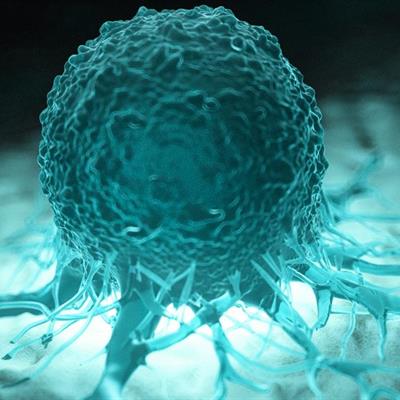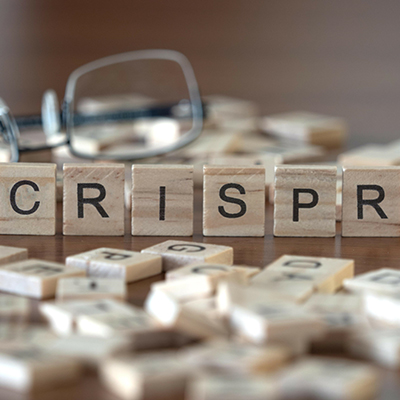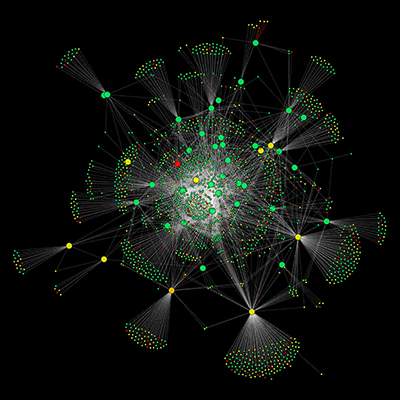November 18, 2022 -- Researchers have discovered that more genetic material on chromosome 9 in cancer cells translates into a three times longer survival rate than those patients without it for certain kinds of head and neck cancer.
A research team from New York University Grossman School of Medicine and University of California, San Diego Moores Cancer Center found patients with head and neck cancer survive longer after receiving immunotherapy if they have more of the genetic material in the 9p24.1 locus of chromosome 9 than those without it (Proceedings of the National Academy of Sciences, November 17, 2022).
In head and neck cancer patients, only about 15% respond well to immune checkpoint blockade because the tumors aren't visible to antibodies, or in other words, the tumors are "immune cold." What can make them "hot" again? Based on previous research, the scientists knew the 9p chromosome sections are known to include genes such as Janus kinases (Jak) that direct the production and response to interferons. Through Jak signaling, more natural killer cells and T cells are recruited to kill tumors. Until now, the researchers didn't know the location of where that occurred on chromosome 9.
In the latest study, the scientists focused on HPV-negative head and neck squamous-cell (HNSC-HPVneg) carcinomas, the most common and lethal subtype of head and neck cancer. If these cancer patients had more genetic material in 9p24.1, they lived on average 30 months after checkpoint inhibitor treatment than those with lower amounts in this locus, who survived on average for 11 months.
As a result, 9p24.1 is a genetically defined axis that can determine whether HNSC patients will do well or poorly on a checkpoint inhibitor. That information could determine whether it makes more sense to switch to chemotherapy instead, according to the authors.
Copyright © 2022 scienceboard.net









